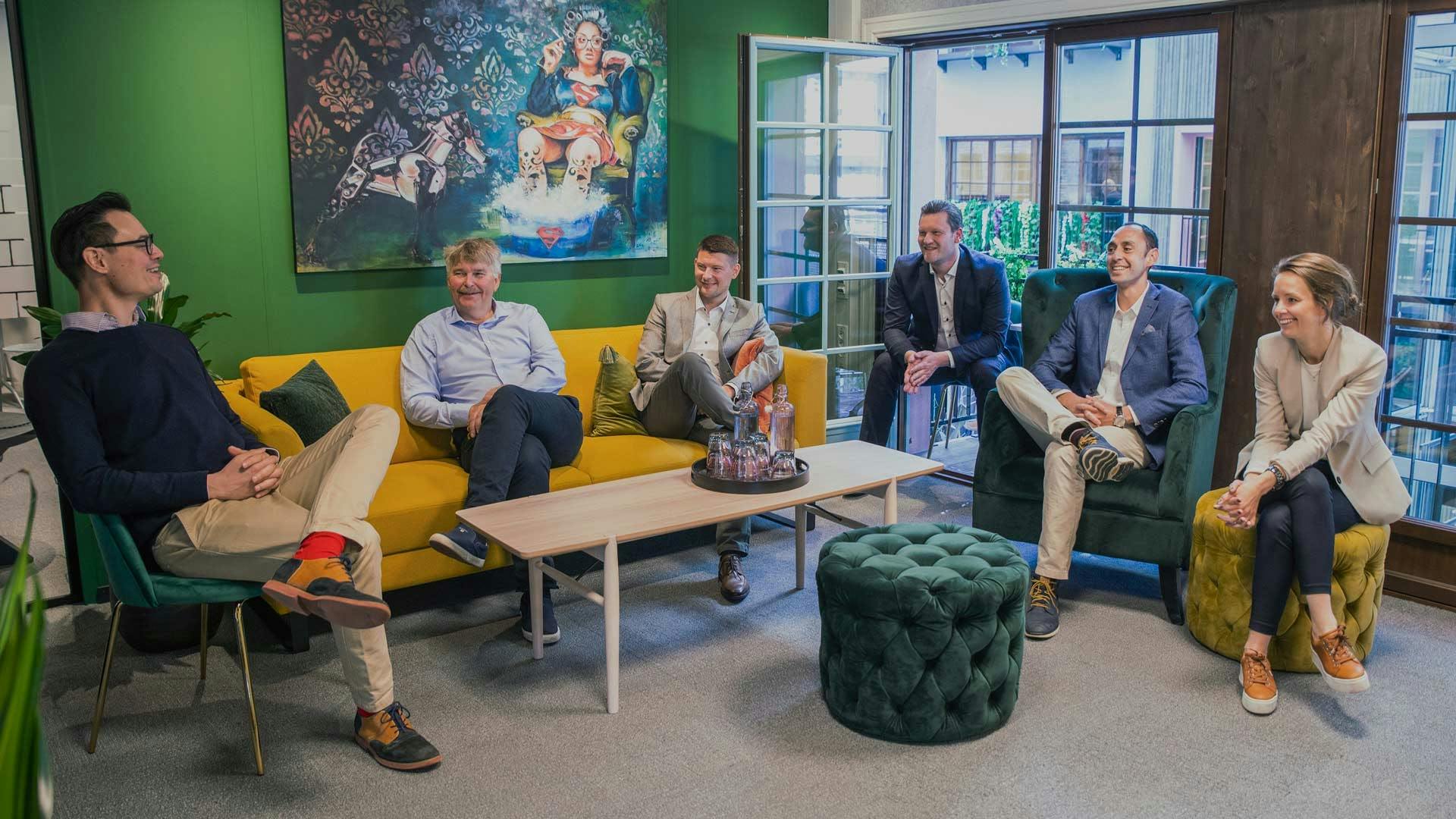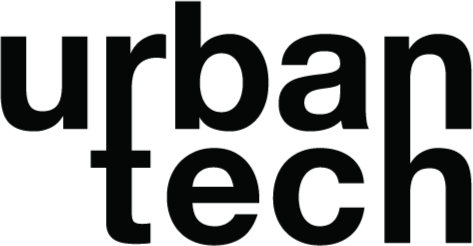How cities benefit from making sense of data and act on facts
he story starts with two old friends who thought they lived in such drastically different realities that they could never work together and agree on common professional ground. Johnny Alexander Gunneng, CEO, came from a finance and strategic management background and had been in management consultancy for years. Chief Technology Officer Pedja Bihor, on the other hand, “was a developer focusing on technical architecture and integrations,” says Johnny.
However, at some point in their professional lives, the two realized that they were actually solving a lot of the same problems, just from different angles. From this realization came the joining of their respective expertise as they cofounded InfoTiles.
At the beginning of Pedja and Johnny’s collaboration, the pair decided to offer their software to cities and municipalities. They focused on the challenges that cities were facing with water management and providing utilities.
“Cities have a huge amount of data, but acting on it can be a challenge,” says Johnny.
After managing to successfully make sense of key data caches produced by a city, information then needs to be properly applied to various hydrological models. Realizing this was no trivial feat, Marco Westergren joined the team. Being a promising hydrologist with invaluable experience, Marco was able to complete the puzzle of providing world-class solutions to the hydrology-related challenges every city faces.
“And that is how we went from two people not wanting to be consultants anymore to having a company that targets urban tech challenges, ensuring that people have as much clean water as possible,” says Johnny.
It is no secret that even though we view ourselves as an urban tech platform across all the departments of a city, our starting point is water.
What does InfoTiles actually do?
Founded in late 2016, InfoTiles is a Norwegian software company based in Stavanger that strives to improve operations for cities and municipalities by making sense of data. Sometimes simply referred to as the “Netflix of smart cities,” InfoTiles offers a software-as-a-service that gathers and analyses data in real time to create more sustainable cities. In this metaphor, InfoTiles is Netflix, the customers are cities and decision-makers, and the movies are simplified data that is gathered and contextualised to make sense. Often large amounts of data, sometimes even in the form of ones and zeroes, don’t make sense to a person without the expertise and background knowledge in tech. InfoTiles is the service that helps users to recognise patterns in the data; it enables them to make real-time decisions when it comes to managing water and other utilities. InfoTiles securely gathers this data from sensors, maintenance systems, and open data sources, transferring it to Microsoft Azure. Users are then able to log into the platform by using their Microsoft account and begin using their personalized solutions to make better decisions based on fact.

© InfoTiles
How is InfoTiles making an impact?
One of the clearest examples of the impact of InfoTiles can be seen in the case of Lillestrøm, a municipality in Norway situated where three rivers meet. While having these rivers is a blessing, the risk of flooding and pollution increases. The municipality needs to provide clean water and sanitation in conjunction with managing wastewater. And of course, while Lillestrøm already had the required infrastructure, the process was reactive, meaning that there was wasted time, resources and labor.
InfoTiles gathered data from the rivers, water meters, pipes and pump stations from all around the ecosystem of the city so that the municipality would be able to decide on a course of action to improve the provision of drinking water to its inhabitants. This led to a massive boost in the efficiency and effectiveness of their operations while decreasing the amount of money, labor and time required by the municipality every year.
“Every time you avoid water leakages,” says Johnny, “you're able to get more clean water to the end-user. You spend less time trying to find leaks and fewer resources purifying water.” Cleaning wastewater is a massive contributor to carbon emissions and by utilizing the right software, customers successfully change their cities for the better, moving closer to the UN Sustainable Development Goals, intended to be achieved by 2030.

© InfoTiles
The funding journey and future plans
In the beginning, InfoTiles was entirely self-funded. However, after a few years and after realizing the immense potential behind the software, the team decided to search for different funding sources and “find more crazy people and do more epic things,” Johnny says. They are currently in a scale-up phase, hoping to expand to all of Europe and soon other continents, and planning for their Series A Funding round in the next 12 months.
Some advice for new founders
Being a company that mainly collaborates with governments, InfoTiles has gathered some invaluable knowledge. “Tackling sustainability goals is a noble thing, but for a city to buy something new, is a fairly big challenge,” says Johnny. He advises any new founders that wish to work in the business-to-government field to make sure that the sales cycle is as easy as possible and to know that while the idea may be valuable and the demand present, the procurement process needs to be simple. “Be aware that it’s not a technical challenge you’re solving, but a how-to-buy-it challenge,” says Johnny.


